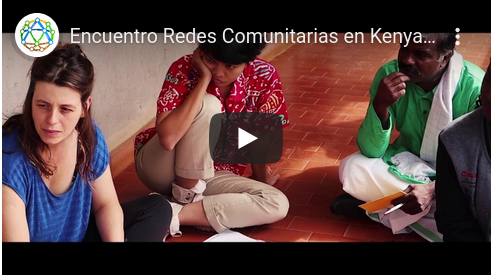Last week, we were cordially invited to take part in the IETF 96 in Berlin with the exceptional support of Christian from ISOC.
It was an interesting experience, a little bit daunting at first, but very valuable to meet the people that define the Internet standards, and to witness the consensus process in first person.
Gui attended the event representing AlterMundi, along with Gio (core LibreMesh developer), Axel (BMX6 developer), Al (guifi.net member), and Lusy (Freifunk). We were very happy to meet there people that participate in the BattleMesh, and are thus related to community networks, such as Simon (BATMAN-Adv developer), Juliusz (Babel developer), Roger (guifi.net foundation), Panayotis (MAZI) and Dave (Bufferbloat) among other people.
Christian was at all times very welcoming and helpful: in general terms, he was eager to make social bridges between the community networks crowd and the IETF environment, which evidently benefits both parties.
In particular, he was interested in helping standardize the dynamic routing protocols that are being used in real-life networks, such as BMX6 and BATMAN-Adv, with the goal of enabling wider collaboration or adoption in other (more corporate or industrial) environments, as far as I could understand.
Regarding the formal agenda, the three most relevant sessions for our current work were:
- MANET, which included a presentation on mesh network coding by Simon Wunderlich
- GAIA, featuring Panayotis putting focus on network local contents and services; and Roger, giving an extensive overview of the current economic system that is fostering transparency and growth in guifi.net, with the support of the Foundation
- BABEL, with some discussions about the future development of the protocol, as well as a review of the current state of USB networking by Dave.
In addition, we also joined the weekly Freifunk community meeting at the c-base, rejoicing with longtime friends such as Andre and Elektra.
At the same time, Pau (another LibreMesh core developer) was also in Germany but in Leipzig, collaborating with other Freifunk members to adapt the LibreMesh firmware and deploy it in the local networks.
All in all, a very good opportunity to strengthen the social network, much needed during the coming months of work on the LibreRouter project



